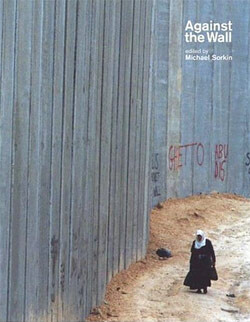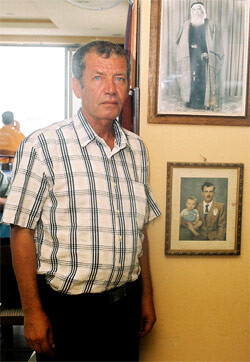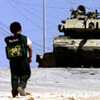
Book review: The fantasy of hermetic closure
13 August 2007
The image of the separation wall that Israel began building in the occupied West Bank in 2002 has emerged as a trope in literature about Palestine. Its concrete slabs are found on covers of recent books, including Jimmy Carter’s Palestine Peace Not Apartheid, Norman Finkelstein’s Beyond Chutzpah, Rashid Khalidi’s The Iron Cage, Joseph Massad’s The Persistence of the Palestinian Question, and Tanya Reinhart’s The Roadmap to Nowhere. Ali Abunimah reviews two recent books that take the wall itself as their central subject. Read more about Book review: The fantasy of hermetic closure








